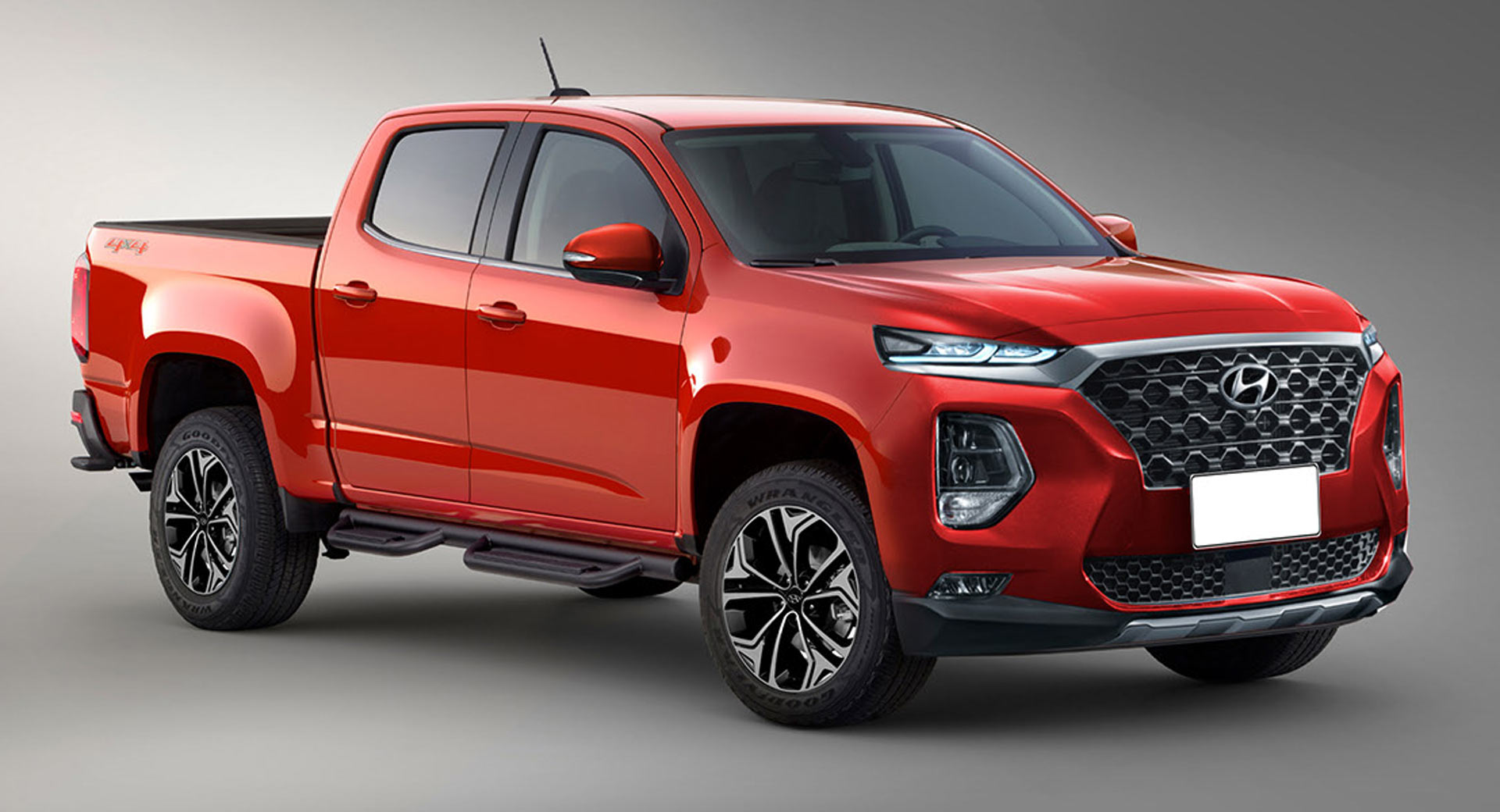Revolutionizing Work Truck Trailers Harnessing Renewable Energy for a Sustainable Future

Introduction:
As the world grapples with the challenges of climate change and the depletion of finite energy sources, the need for sustainable alternatives in various sectors becomes increasingly evident. One such area is the transportation industry, which relies heavily on fossil fuels and emits significant amounts of greenhouse gases. In recent years, there has been a growing emphasis on developing renewable energy solutions for work truck trailers, with the aim of reducing carbon emissions and promoting a greener future. This article explores the potential of renewable energy in work truck trailers and the advancements that are shaping the industry.
1. The Need for Renewable Energy in Work Truck Trailers:
1.1 Environmental Impact:
The conventional work truck trailers, powered by diesel engines, contribute significantly to air pollution and global warming. The combustion of fossil fuels releases harmful emissions such as carbon dioxide, nitrogen oxides, and particulate matter, which pose serious health risks and contribute to climate change.
1.2 Fuel Costs and Efficiency:
Diesel prices are subject to fluctuations and can significantly impact operating costs for businesses using work truck trailers. Renewable energy sources offer an opportunity to reduce fuel costs and improve overall efficiency, providing a competitive advantage for companies.
1.3 Regulatory Framework:
Government regulations and policies aimed at reducing greenhouse gas emissions and promoting clean energy adoption are driving the need for renewable energy solutions in various industries, including work truck trailers. Compliance with these regulations is essential for businesses to remain competitive and sustainable.
2. Harnessing Renewable Energy in Work Truck Trailers:
2.1 Solar Power:
Solar energy has emerged as a viable renewable energy source for work truck trailers. Integration of solar panels on the trailer's roof can generate electricity to power auxiliary systems, such as air conditioning, lighting, and telematics. Additionally, advanced solar-powered refrigeration systems are being developed to meet the specific needs of the cold chain industry.
2.2 Wind Power:
Wind turbines mounted on work truck trailers can harness the kinetic energy from the moving vehicle, converting it into electricity. Firefight truck payload management , known as regenerative braking, offers a potential solution for recharging the trailer's battery systems while on the road.
2.3 Kinetic Energy Recovery Systems (KERS):
KERS technology captures and stores energy during vehicle deceleration or braking. This energy can then be utilized to power various systems on the work truck trailer, reducing reliance on traditional energy sources.
2.4 Hydrogen Fuel Cells:
Fuel cell technology is gaining traction as a sustainable alternative to conventional power sources. Hydrogen fuel cells produce electricity through a chemical reaction, emitting only water vapor as a byproduct. Integration of hydrogen fuel cells in work truck trailers can provide an efficient and environmentally friendly power source for long-haul transportation.
2.5 Battery Electric Technology:
Advancements in battery technology have paved the way for electric work truck trailers. These vehicles rely on large battery packs to power electric motors, eliminating the need for fossil fuel consumption. While currently limited by range constraints, ongoing research and development are focused on improving battery technology and charging infrastructure to enhance the viability of electric work truck trailers.
3. Advancements and Challenges in the Renewable Energy Work Truck Trailer Industry:
3.1 Technological Innovations:
Numerous companies and research organizations are investing in the development of renewable energy solutions for work truck trailers. From lightweight solar panels to advanced battery management systems, these innovations are improving efficiency, reducing costs, and expanding the potential for renewable energy integration.
3.2 Infrastructure and Charging Network:
The successful adoption of renewable energy work truck trailers relies on a robust charging infrastructure. The establishment of charging stations along major transportation routes and the development of standardized charging protocols are critical to supporting the growth of these vehicles.

3.3 Cost Considerations:
While renewable energy solutions offer long-term benefits, upfront costs and return on investment considerations pose challenges for businesses. Manufacturers, policymakers, and financial institutions must collaborate to address these challenges and provide incentives for businesses to transition to renewable energy work truck trailers.
3.4 Industry Collaboration and Standards:
Collaboration among industry stakeholders, including truck manufacturers, energy providers, and regulatory bodies, is vital to accelerate the adoption of renewable energy work truck trailers. Establishing Boom truck cost of ownership for interoperability, safety, and performance will ensure that these vehicles meet industry requirements and facilitate market growth.
4. Case Studies and Success Stories:
4.1 Tesla Semi:
Tesla's electric semi-truck has gained significant attention as a potential game-changer in the work truck trailer industry. With its long driving range, high energy efficiency, and advanced battery technology, the Tesla Semi offers a glimpse into the future of sustainable transportation.
4.2 Wrightspeed Route:
Wrightspeed's Route powertrain system combines electric power with a turbine generator, extending the range of electric work truck trailers and providing a sustainable solution for heavy-duty applications.
4.3 Hybridization and Retrofitting:
Companies like Hyliion are retrofitting existing diesel-powered work truck trailers with hybrid electric systems. Eco-friendly liquid waste tankers allows businesses to transition to renewable energy without purchasing entirely new vehicles, offering a cost-effective and sustainable solution.
5. Conclusion:
The work truck trailer industry is undergoing a transformative shift towards renewable energy solutions. From solar power to hydrogen fuel cells and battery electric technology, advancements in renewable energy are reshaping the sector, providing cleaner and more sustainable alternatives. While challenges remain, collaboration among industry stakeholders, technological innovations, and supportive policies can propel the adoption of renewable energy work truck trailers, paving the way for a greener and more sustainable future.
